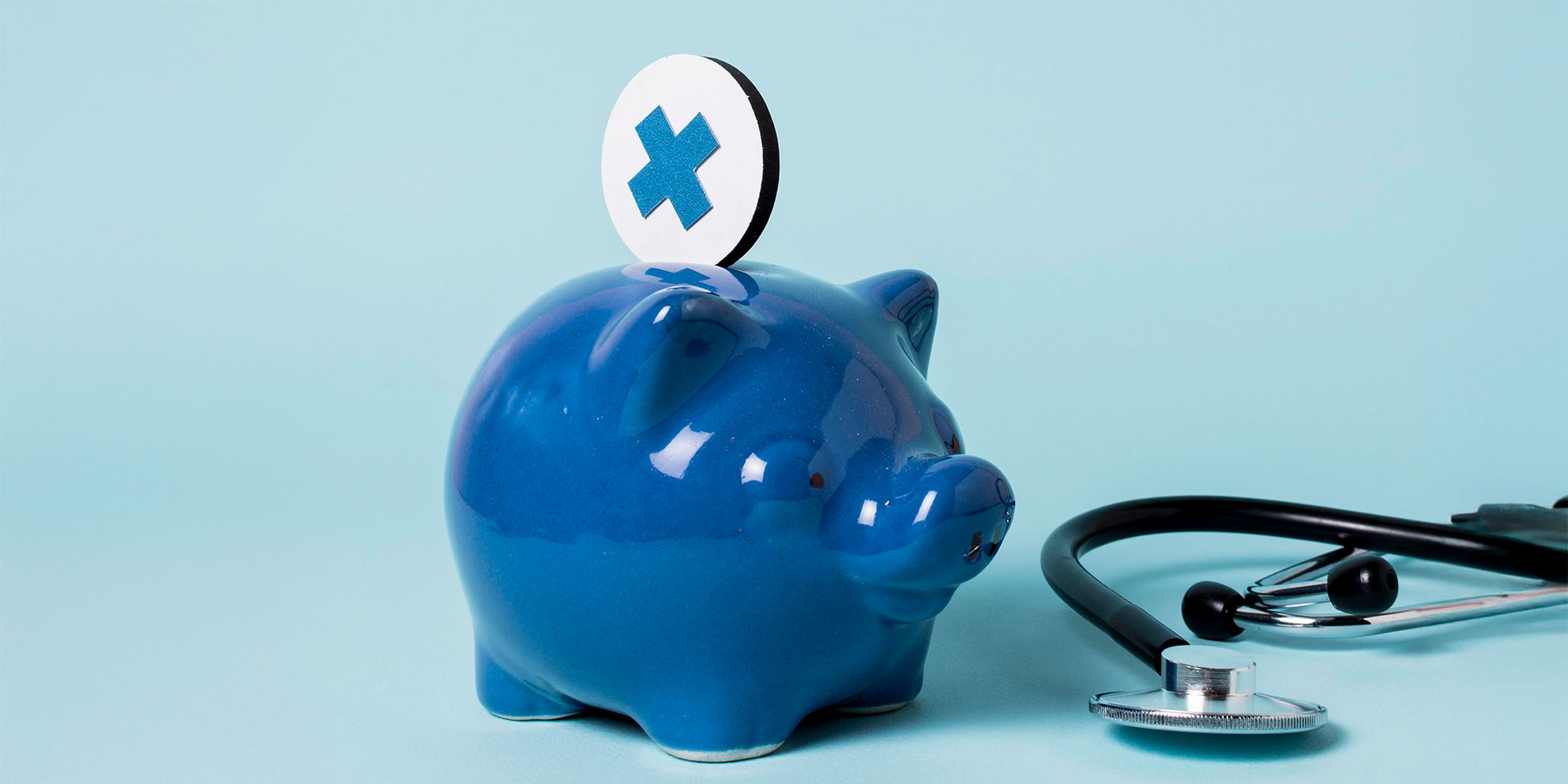Question
I’ve recently joined a company that offers no employee benefits, so we need to make our own arrangements. At my old company I had critical illness cover of one times my annual salary. Is this something that I should get privately? None of my friends has it.
Answer
Critical illness cover typically pays out a sum of money should you become ill with a severe illness. But, given that we generally have medical aid and gap cover to pay these types of bills, do we actually need an additional sum of money to cover us?
No matter how good your medical aid is, there will always be additional amounts that you’ll have to settle out of your pocket. These could include follow-up visits to the doctor, out-of-hospital blood tests or X-rays, as well as non-chronic medication.
In addition, since many of us are working for ourselves or may be receiving a pay-for-performance reward, we may not be working at full capacity for a while after having had a severe illness. This can have an impact on our cash flow. A critical illness benefit can fill this gap.
You can self-insure this gap by building up an emergency fund. As long as you have the discipline not to touch this for reasons other than sickness, it could work.
As we are living a lot longer (with one in 10 of us expected to live to 100), the chances of getting a critical illness, especially when or after you retire, are very high. Having this cover can make a difference and provide financial peace of mind in retirement.
There are many critical illness products on the market. I recommend that you speak to an experienced financial planner who can help you make the right choices. Some of the factors to consider would include:
- Is there a reinstatement benefit.
- If you claimed for a heart attack, would you be able to claim if you had another one a couple of years later?
- If you had a claim for one type of cancer and then developed a different cancer, would there be an additional payout?
- How comprehensive are the benefits?
- Will the benefit only be paid under very specific circumstances? For example, are only certain types of cancers covered?.
- At what stage of an illness will the benefit payout be triggered?
- If, for example, you became ill with cancer (which can progress from stage one to four), at which stage would you be paid out?
Many of the cheaper policies only pay out when you are extremely ill. You would ideally like the payout to happen as early as possible so that you can fight the disease hard in the early stages.
If your illness does not fall into a typical definition set, is there a catch-all clause that may trigger a payment?
There are situations where you could end up in hospital for an extended period with a cluster of conditions that, on their own, may not warrant a payment, but taken together could result in a claim.
Are you covered for your whole life or does the benefit stop at a certain age?
There are products that cease when you turn 65. Remember, you are most likely to claim after you retire. When I do retirement planning for clients, this is the one risk product I recommend they take out, even if they are already in their sixties.
The chances of you getting really ill at some stage in your life are high. Critical illness cover can help protect your family’s finances should this happen. DM
Kenny Meiring is an independent financial adviser. Contact him on 082 856 0348 or at financialwellnesscoach.co.za. Send your questions to kenny.meiring@sfpadvice.co.za
This story first appeared in our weekly Daily Maverick 168 newspaper, which is available countrywide for R35.
medi





